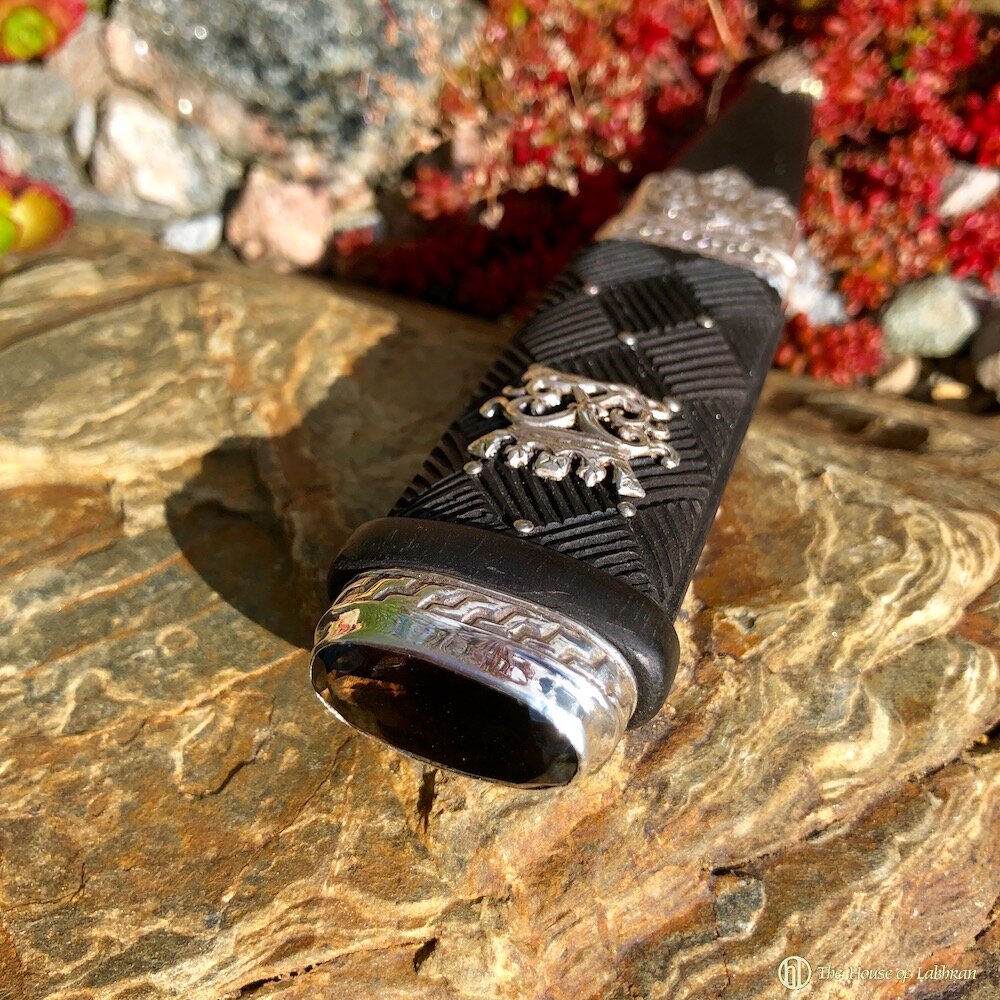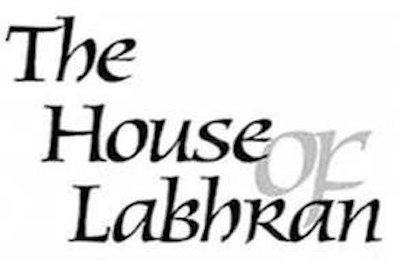Argyll & Sutherland Highlanders Regimental Sterling Silver Sgian Dubh



Argyll & Sutherland Highlanders Regimental Sterling Silver Sgian Dubh
Argyll & Sutherland Highlanders officers sgian dubh – In hallmarked sterling silver with stone set hilt. Hand made by the regimental silversmith and hallmarked Edinburgh. As worn by the officers of the Argyll & Sutherland Highlanders.
Hand carved studded African black wood hilt
Sheffield stainless steel blade
Hand carved wooden scabbard covered in Moroccan leather and mounted with solid brass mounts
Made in Scotland - Approx 6 weeks
All buyers must be over 18 years of age - UK Legal to carry when worn with Highland Dress.
The Argyll and Sutherland Highlanders (Princess Louise’s) was a line infantry regiment of the British Army that existed from 1881 until amalgamation into the Royal Regiment of Scotland in March 2006.
The regiment was created under the Childers Reforms in 1881, as the Princess Louise’s (Sutherland and Argyll Highlanders), by the amalgamation of the 91st (Argyllshire Highlanders) Regiment of Foot and 93rd (Sutherland Highlanders) Regiment of Foot, amended the following year to reverse the order of the “Argyll” and “Sutherland” sub-titles.
We have a passion for fine antique and collectible sgian dubh’s and Highland dirks. We source antique Jacobite styles of the 18th century, high Victorian styles and regimental patterns of WW1 – WW2. Our sgian dubh and dirk range make wonderful addition to any Highland dress collection.
Our range of fine hallmarked sterling silver skean dubh’s made by the Highland regimental silversmith and Royal silversmiths Hamilton & Inches in Edinburgh, Scotland. We can engrave many of these skean dubhs for presentation gifts.
Vintage antique Sgian Dubhs – Scottish sgian skean dubhs from Scotland – The Gaelic sgian dubh meaning “black knife”, where “black” may refer to the usual colour of the handle of the knife. It is also suggested that “black” means secret, or hidden, as in the word blackmail. This is based on the stories and theories surrounding the knife’s origin and the meaning of “Dubh” in Gaelic, in particular those associated with the Highland custom of depositing weapons at the entrance to a house prior to entering as a guest. Despite this practice, a small twin edged-dagger, (‘Mattucashlass’), concealed under the armpit, combined with a smaller knife, (‘Sgian dubh’).
